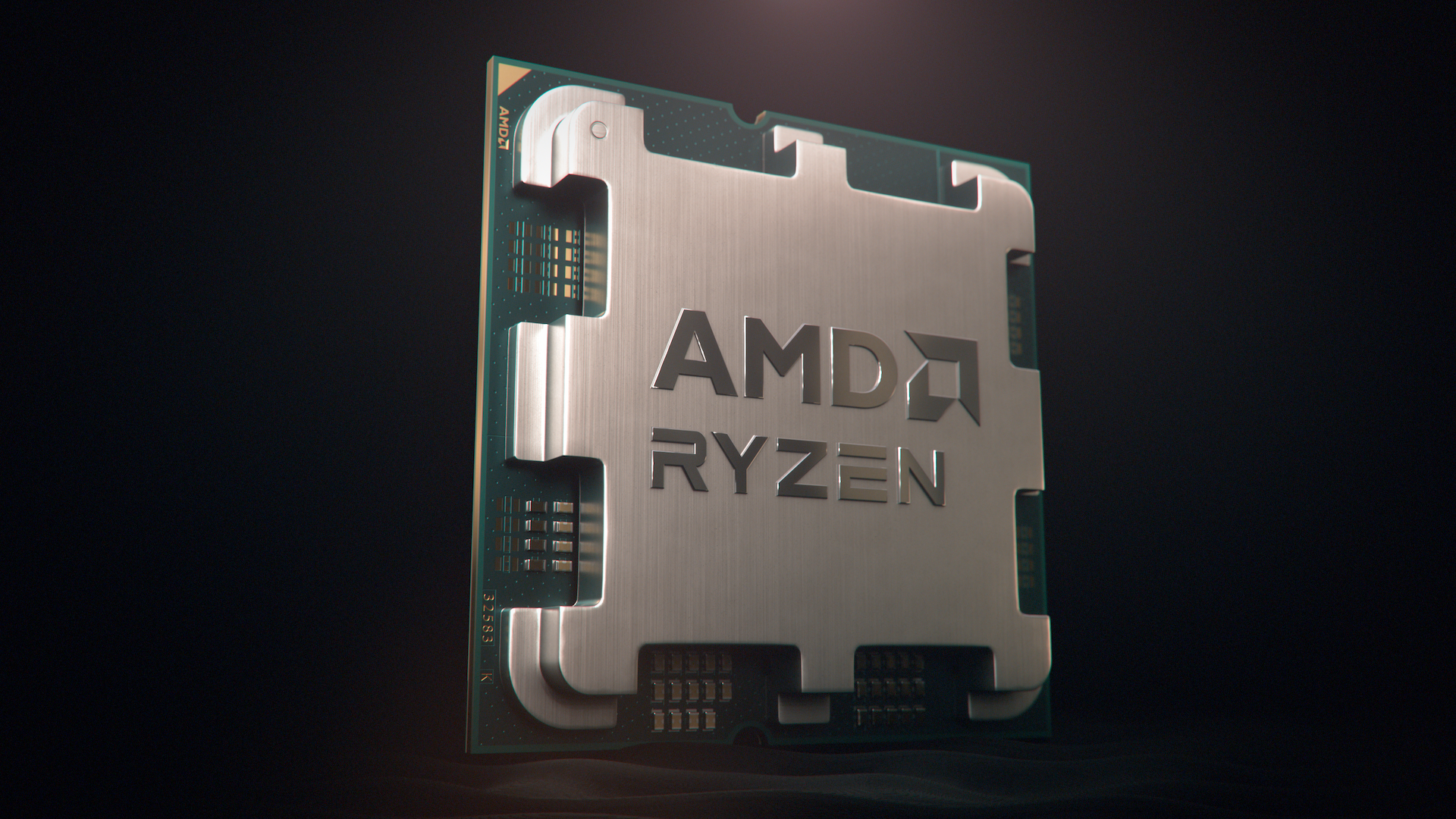
One of the many Zen 5 architectural changes announced at AMD's Ryzen 9000 Computex keynote was the architecture's bandwidth doubling of the L1 and L2 caches. HLX on X (formally Twitter) discovered an Aida64 benchmark run of a Ryzen 5 9600X engineering sample, confirming AMD's L1 and L2 cache tweaks.
The Aida64 benchmark reveals that the Ryzen 5 9600X offers almost 3,800 GB/s of read bandwidth on the L1 cache. Write bandwidth was rated at nearly 1,900 GB/s, and copy speed was tested at almost 3,800 GB/s, just like the read speed, all with a blazing sub-1 nanosecond cache latency, which we would expect from a first-level cache.
9600X ES vs 7600X2x L1 and L2 BandwidthSource: QQ pic.twitter.com/G2c1Q1bjbjJune 10, 2024
The L2 cache was rated at almost 1,900 GB/s for read bandwidth, write speeds was rated at almost 1,800 GB/s, and copy speed was rated at almost 1,900 GB/s. Latency was 2.8ns.
The same source that provided the Aida64 benchmark also provided an Aida64 memory benchmark of a Ryzen 5 7600X Zen 4 processor for comparison. The results confirm what AMD disclosed in its Computex announcement. The Zen 4 part boasts nearly 2x less raw bandwidth in its L1 and L2 cache, compared to the Zen 5-based Ryzen 5 9600X.
The 7600X boasts a 2,000 GB/s read and copy speed and a 1,000 GB/s write speed (with the same latency). The L2 cache is rated at just barely over 1,000 GB/s across the board, read, write, and copy speeds (with a slightly less but indistinguishable 2.6ns latency result).
CPU cache is one of the most important components in modern CPUs. A good caching system will keep the CPU cores fed with data consistently in a number of workloads with minimal downtime. A poor caching system, or a lack thereof, will lead to poor CPU performance as the cores have to wait for data to be transferred from much slower system memory.
We have yet to see how Zen 5's L1 and L2 bandwidth improvements apply to real-world performance, or even synthetic benchmark performance. But undoubtedly, these heavy bandwidth improvements are part of what helps boost Zen 5's IPC improvement by a reported 16% over Zen 4.
The Ryzen 5 9600X is AMD's latest mid-range desktop CPU based on the Zen 5 architecture. The chip boasts 6 cores and 12 threads, a peak turbo frequency of 5.4GHz, and 38MB of cache.







